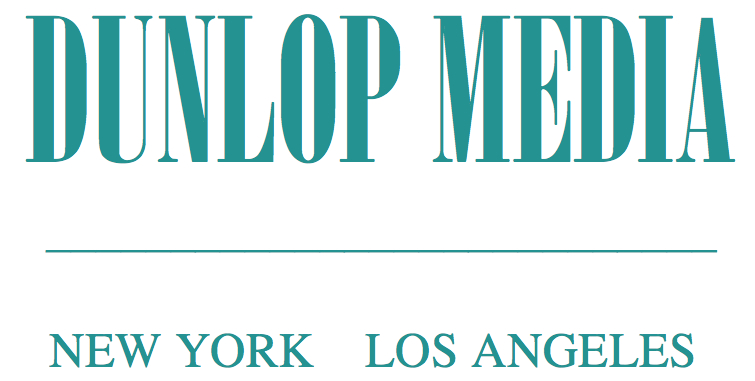The no-nonsense philosophy of a groundbreaking New York TV journalist
by Doug Spero
I am sick to hear the news about Bob Teague's passing. Teague and Gabe Pressman were my two mentors, both of whom I used to field produce a lot before I went on the air myself in 1985.
The "Black Arrow," as Teague was known in a day when there were only a handful of African-Americans in TV news, was the fastest reporter I ever worked with. And as a field producer, I can tell you he was also one of the best.
Teague came out of the newspaper business. His philosophy was straightforward. Get in and get out. Just set him up. Put him on the story... and day is done. No nonsense... no BS.
The sooner his story was shot and edited, the quicker he could go downstairs to Hurley's, the longtime NBC watering hole, for his "Martin." His sheer feel for news allowed him to do better work with less sweat than anyone.
A few special memories:
- Teague was the first reporter on duty (7am) when I was WNBC's assignment editor. Just give him a story and get him out the door.
- He would accept any reasonable story. But if it was BS, and he knew it and you knew it, as an assignment editor, you gave him something else.
- He would sometimes complain if he had to go back out again and cover another story - why should he be punished because he had worked so efficiently on the first one?
- Race was never an issue with Teague. He was equally tough when interviewing blacks and whites. He also detested laziness in anyone, whatever their race or gender.
- Bob was the only reporter I ever worked with who memorized a script, word for word, on the way to a story in the crew car. He would hold the end of a pencil to his lips (as a microphone) and start to rehearse his lines on the way there... and it worked for him. How on earth can you write a script in your head before arriving at a story? If you're Bob Teague, you can.
- Then - as he was thinking through the story in his head and mumbling into the pencil - when he hit something he didn't like, he would say "dammit" (or something stronger) and start over, like slamming return on the carriage of a manual typewriter. You never let on what a riot this was to watch. You never bothered Bob Teague when he was "composing."
I never had a bad word with Teague, either on the assignment desk or while field producing. Wherever we worked, if we wrapped up early and there was a bar nearby, we would have an adult beverage or two before the courier came for the videotape. Today, as with so much else in New York, the local dive has been replaced by a gourmet sandwich and espresso bar.
So, Bob - as Bob Hope used to say - thanks for the memories. Wish I could attend his funeral, if there will be one. I will have a drink for him at my card game tonight.
Doug Spero, a former reporter and assignment editor for New York’s WNBC TV and Radio, is a special consultant to Dunlop Media. He is a professor of Communications at Meredith College in Raleigh, North Carolina.










